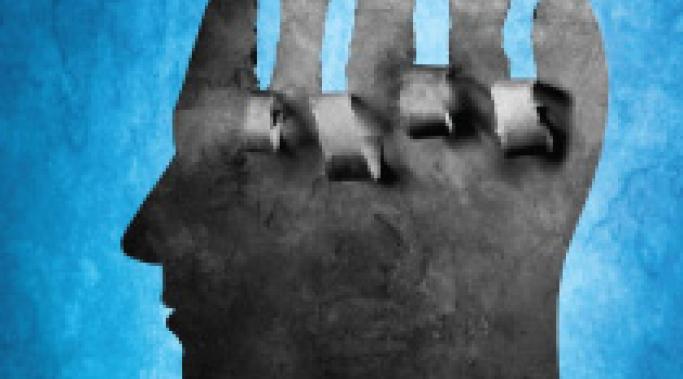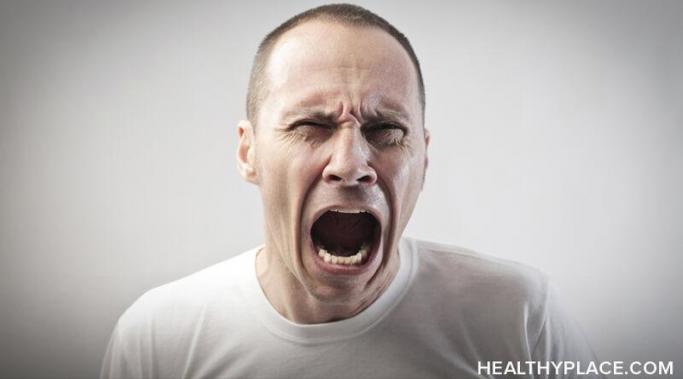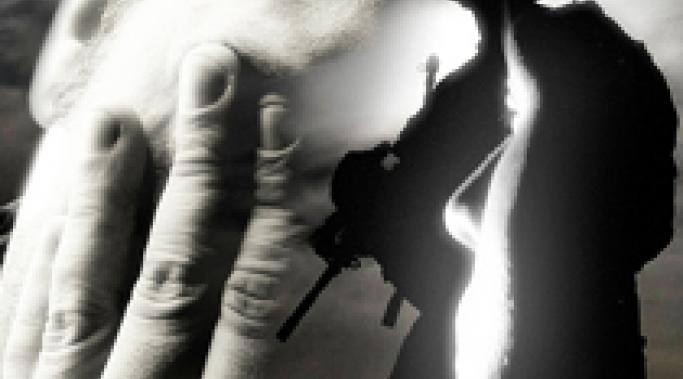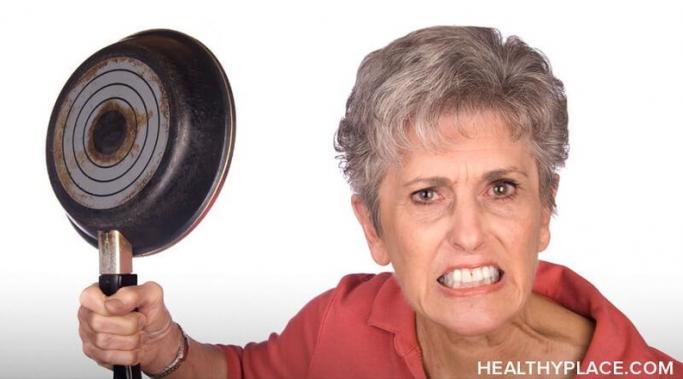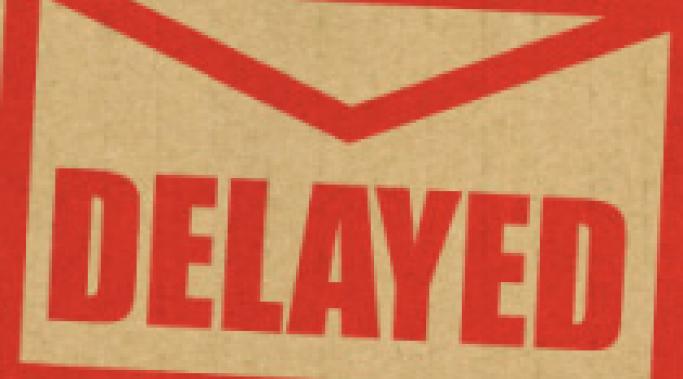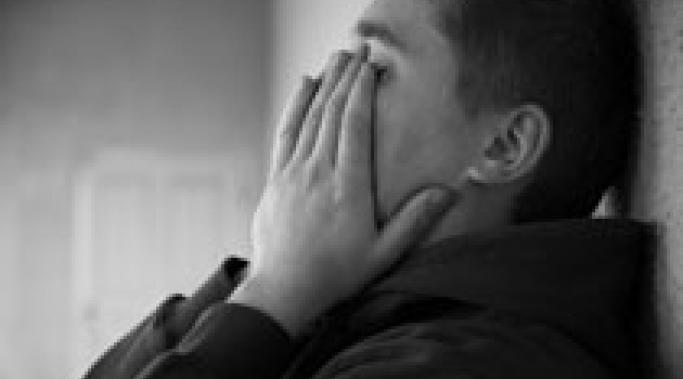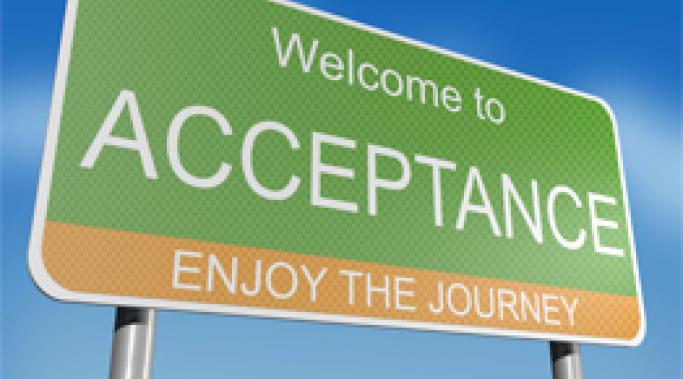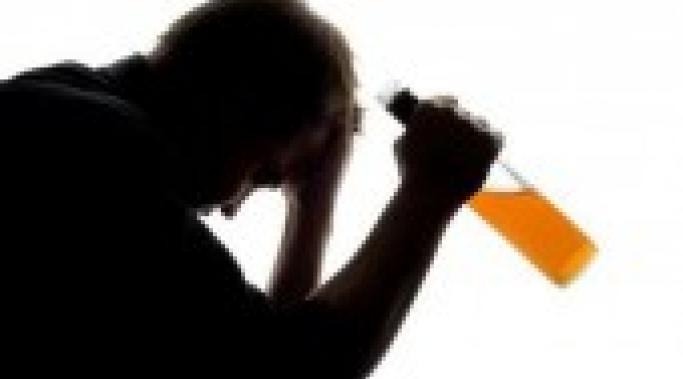Just like there is stigma around mental illness, there is also stigma when it comes to mental illness treatment center locations. Several years ago, an Indianapolis hospital closed, leaving a large vacant building. A drug and alcohol treatment center wanted to move into the abandoned hospital. The problem--said building was a few blocks away from the Indianapolis Children's Museum. During the public hearings on the proposal, the Children's Museum vigorously denounced the idea, citing concern for the children. The building remains empty. Was the outcry necessary or was it an example of mental illness treatment center location stigma?
Recovery Videos
Police shootings of the mentally ill are all far too common. Recently, a neighbor I nicknamed "The Little Old Lady with the Big Ol' Temper" found out her disability check was going to be a day late. This 4'10", 140-pound, 70-something lady grabbed her cane and started destroying the social worker's office. Two police officers responded, and she resisted. In the scuffle, her head went through a window. Many other encounters between police officers and people with mental illness have a less happy ending. According to the Maine Attorney General's Office, 58% of Maine residents killed by police had a mental illness(http://www.maine.gov/dhhs/samhs/osa/pubs/data/2013/SEOWEpiProfile2013FINAL.pdf). The rate may be similar nationwide, but there's no way to track it.
Have you considered what happens during a mental health crisis when you call the police? Recently one of my neighbors tried to enter my apartment without my permission. I quickly slammed the door and told him to go away. He stood outside my door talking nonsense, so I told him, "Go away or I will call the police." That did the trick. However, it made me think about how police encounters with individuals with mental illness can turn tragic (Handling Police Encounters with People with Mental Illnesses). How do we call the police for someone in a mental health crisis who is a danger to him/herself or others in a way that the encounter proceeds as safely as possible?
Posttraumatic stress disorder, or PTSD, is an anxiety disorder that develops as a result of a traumatic event. According to Dr. Aphrodite Matsakis, PTSD occurs in 2% of those exposed to an accident, 25 -33% of those exposed to a community disaster, 25% of those who experience traumatic death of a friend or loved one, 30% of Vietnam veterans, 65% of those assaulted, 84% of battered women, and 35-92% of rape victims. Flashbacks are a common symptom of PTSD. Here's to use coping skills to fight the flashback symptom of PTSD.
I was in college when Columbine happened and the university grew concerned that one of their students with mental illness might decide to copycat the shooting. So they treated me to a no-knock, no-warrant search of my dorm room out of concern I might become violent--even though I had no history of violence and no warning signs. The director of the counseling center, my therapist and even the dean said I was no threat, and I was allowed to graduate, even though I was kicked out of the dorm. The university was worried about me--or more accurately, about my conduct--because I was a mental health consumer. But are people with mental illness more violent than people without mental illness?
It's hard enough to decide to seek mental health treatment, but when you factor in delays, it's even more daunting. When I was discharged from the Army, they gave me a 30-day supply of my psychiatric medications and a list of mental health providers in my area (I am not eligible for Veteran's Administration (VA) benefits because I wasn't in long enough.) It took me three months to get in to see a psychiatrist in private practice--I was lucky. It can take up to a year to see a psychiatrist at the VA.
When my COBRA expired, I sought insurance (particularly to pay for mental health services), only to be denied because my mental illness was considered a pre-existing condition. Desperate, I turned to a Christian health pool, and asked if they covered mental illness. I was told that everyone has a bad day and that I should use herbs. I bit my tongue to avoid saying, "On my bad days I hallucinate." Mental illness is not a "bad day."
Last week brought me a lesson in the need to be prepared when mental health triggers come, as they inevitably do in our recovery. These triggers can be dangerous because they can instantly transport us to a place of emotional turmoil and intensify our symptoms. In order to manage our illness, we must be prepared at all times. We never know when we can be triggered and we need to take steps to ensure we and others around us are safe.
This past week, there was a national firestorm with the release of American POW Bowe Bergdahl from captivity in Afghanistan. I had not known the story prior to this, but when I heard the circumstances of his experience, I was triggered in a way that hasn’t happened in a long time.
The source of much of our discomfort lies in what we find unacceptable. I’m heartbroken because I don’t want to accept that person I loved is gone forever. I’m anxious because I don’t want to accept that I might actually be safe, that no one is trying to purposely hurt me. I’m sad because I have difficulty accepting that there are actually good and lovely things in this world, as well as the bad things. I don’t want to accept that I need to be on this medication now, and maybe for life. All these things, and many more, I find unacceptable.
Mental illness is a difficult thing to live with. Sometimes, it feels impossible. To make things even more complicated, the diagnosis of mental illness often comes with "dual diagnosis", a fancy term for living with more than one illness.
Part I of this blog will focus on addiction and Part II, later this week, will focus on eating disorders and anxiety disorders.

